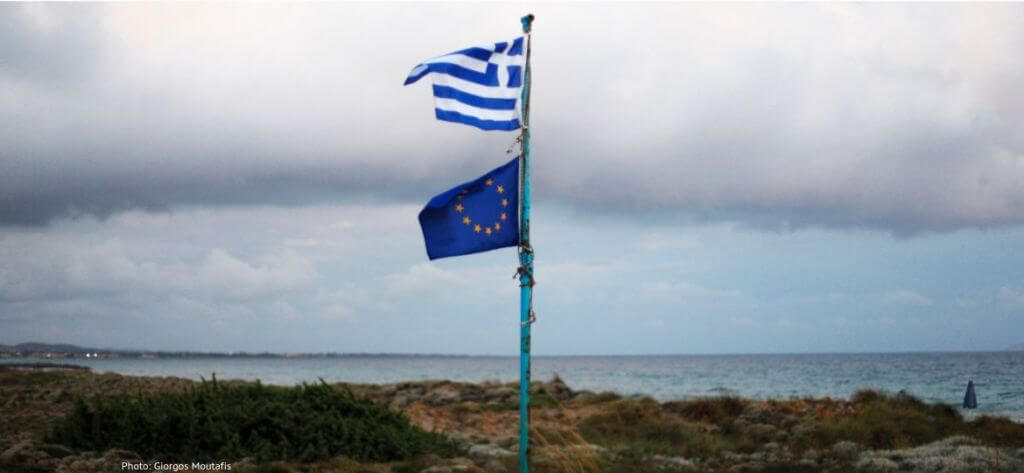In a new report “Structural Failure: Why Greece’s reception system failed to provide sustainable solutions”, Refugee Support Aegean (RSA) and Pro Asyl contend that the high-cost and emergency-oriented approach of Greek authorities in implementing EU funding has resulted in the continued inadequacy of reception conditions.
The report examines the use of EU funds, as allocated to Greece under the National Programmes of the Asylum Migration and Integration Fund (AMIF) and the International Security Fund (ISF). It assess the ‘PHILOS’ project, the national medical response project initiated in 2015, showing how the ineffective implementation of funding, including in hiring staff, severely impacted on access to medical care and derailed vulnerability assessments, particularly on the Eastern Aegean islands.
The report also examines the recently implemented short-term ‘FILOZENIA’ (Temporary Shelter and Protection for the Most Vulnerable Migrants in Greece), introduced for the winter of 2018-19 to transfer vulnerable asylum applicants out of the EU Hotspots on the islands. It demonstrates how this short-term emergency solution is an example of the effects of the failure of Greek authorities to implement sustainable solutions from 2015 onwards.
RSA and ProAsyl warn that Greece will continue to approach asylum in a piecemeal and emergency-oriented manner at a high cost if the authorities do not recognize existing structural deficiencies and push for an overhaul the current reception system.
For further information:
- RSA and ProAsyl, Structural Failure: Why Greece’s reception system failed to provide sustainable solutions, June 2019
- ECRE, Greece : European Committee on Social Rights Decision on Immediate Measures for Migrant Children Requires Urgent Action, 7 June 2019
- AIDA, Country Report, Greece – 2018 Update, March 2019
Photo: Giorgos Moutafis
This article appeared in the ECRE Weekly Bulletin . You can subscribe to the Weekly Bulletin here.

